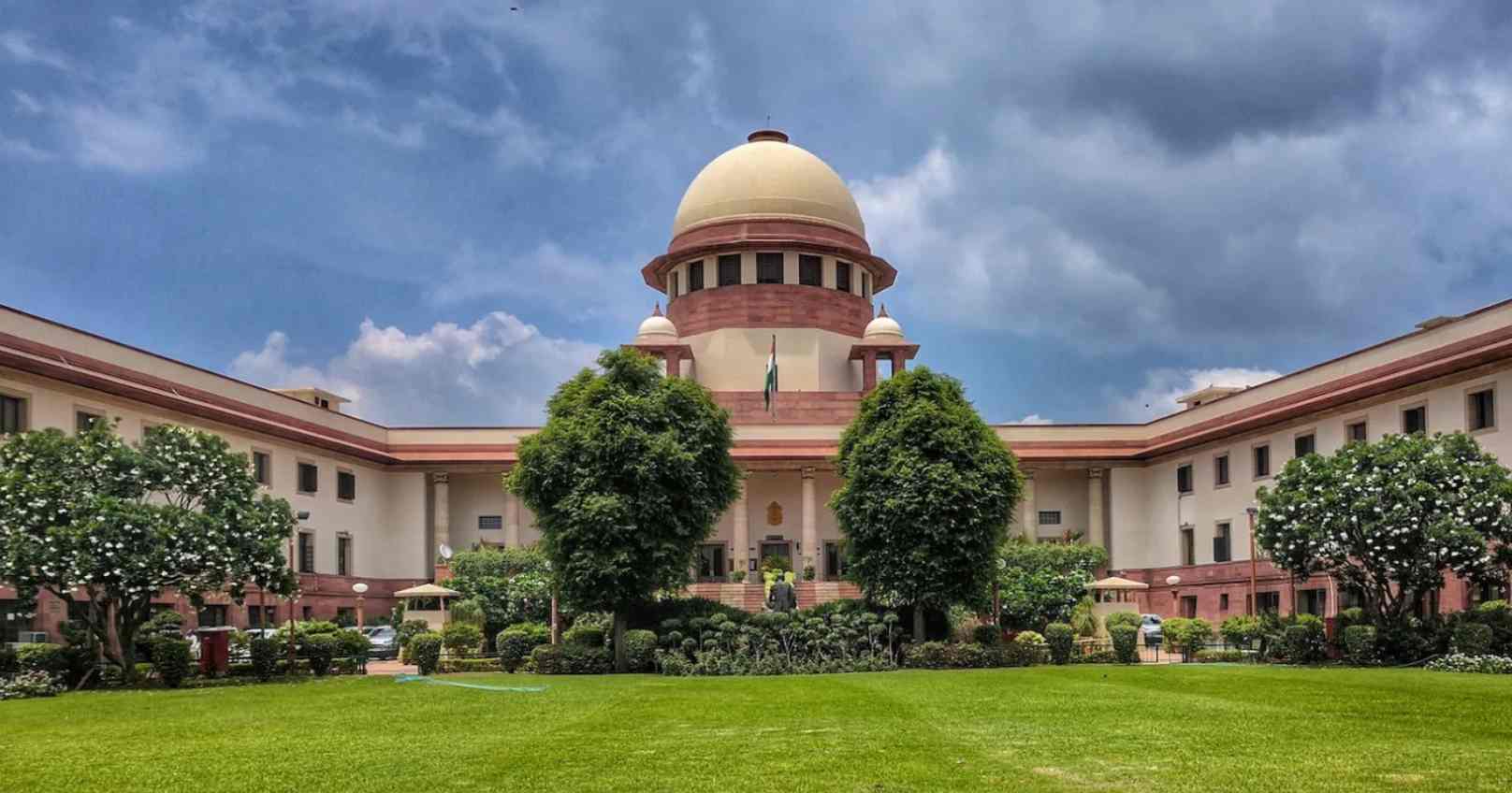Criminal Law Reforms And Proposed Acts: The Dawn Of A New Era
The judicial system needs to be reconsidered and reformulated in order to meet the demands of the modern day
27-04-2024The judicial system needs to be reconsidered and reformulated in order to meet the demands of the modern day
27-04-2024INTRODUCTION
The concept of law is as old as the concept of society. Law acts as a weapon for protection of societal norms therefore on of the essential ingredients necessary for maintenance of proper equilibrium between the society and the law in force is the coordination between the law and the type of society on which it is enforced.
India is the biggest democracy in the world. Sadly, though, the flaws in the criminal justice system have caused its brilliance to fade with time. As a result, the judicial system needs to be reconsidered and reformulated in order to meet the demands of the modern day. We are living in a crucial moment. due to a powerful impulse for fairness. Certain gaps call for the creation of different methods and approaches that can be successfully included into the policy framework. Consequently, it is important to look at the criminal justice system's goal in order to have a better knowledge of it.
The government of India on 11 th august 2023 proposed three bill to replace the INDIAN PENAL CODE 1860, THE INDIAN EVIDENCE ACT, 1872 AND THE CODE OF CRIMINAL PROCEDURE, 1973.
The aim and objective behind the introduction of bills in the Lok Sabha was the elimination of existing colonial laws. Since the earlier laws were implemented during the colonial rule many existing provisions of the existing laws were not in equilibrium with the current society and also derogatory to rights available to the citizens.
OBJECTIVES OF CRIMINAL JUSTICE SYSTEM
The goals of the criminal justice system are to punish the offender, serve the public interest, and ensure that the trial is finished quickly to prevent the witness's memory from fading. Doing justice in a criminal trial involves not just the accused but also the victim and the community. so as to uphold law and order. A judge overseeing a criminal trial looks out for both the guilty and the innocent parties, making sure the latter does not get away with murder. These are the two public duties that the judge must carry out.
The tree new bills introduced are as follows:
1. Bharatiya nayaya sanhita bill, 2023
The bill is introduced to replace the existing Indian penal code 1861. The prime objective behind bringing of the Bharatiya nayaya sanhita bill, 2023 is to develop a legislative framework which aims on the needs of society and its citizens and advancement of country’s criminal justice system.
The bill includes new reforms on punishment system and abolishes many laws which were against fundamental rights enshrined under the Indian Constitution. The bill emphasizes on reformative theory of punishment and introduces community work as a type of punishment for small offences.
It gives importance to gender neutrality of criminal offences as it has been argued many times that many existing provisions of the Indian Penal CODE, 1860 are gender specific and violate artile 14, 19 and 21 of the Indian Constitution. Another drawback of the gender specific offences was their misuse which raised at an amplified pace during recent years and introduction of new offences concerning armed insurrection and secession.
2. Bhartiya Nagrik Suraksha Sanhita Bill, 2023
Bhartiya Nagrik Suraksha Sanhita Bill, 2023 aims to replace the existing code of criminal procedure, 1973 with the objective to establish citizen-centric criminal justice system with introduction of clauses that limit the authority of making arrest in specific circumstances, inclusion of technology to be included in the process of investigations, introduction of mandatory bail provisions and introduction of timeline for various procedures.
On the other hand it also strengthens the discretion of police to order detention of persons accused (clause 187), allows use of handcuffs for various offences (clause 43) and it also permits trial in absentia (clause 356).
3. Bharatiya Sakshya Sanhita Bill, 2023
Bharatiya Sakshya Sanhita Bill, 2023 is introduced to replace the existing Indian Evidence Act, 1872 and intends to modernize the law relating to evidence in light of technological advancements in the recent times.
This law acknowledges electronic evidence as any information generated or communicated by any device or system thathas the ability to be kept or retrieved, in an increasingly technologically advanced legal context. This expansive definition recognizes the variety of evidence formats pertinent to contemporary situations and includes a broad range of digital material, including multimedia files, emails, and texts. It places particular emphasis on elements like authenticity and integrity. This inclusion is essential to preserving the validity of electronic documents submitted in court and guaranteeing that the dependability of legal procedures is not jeopardized by technological improvements. The Act's commitment to further strengthens with special provisions for the admissibility of DNA evidence and the acceptance of expert opinions as evidence.
NEED FOR THE NEW LAWS
Changing legal system is the need of developing society and state. There should be a equilibrium between laws enforceable on the people and the societal norms existing. The previous criminal laws were enacted in the colonial era and to some extent were a replica of the colonial thinking, thought there is no question about their effectiveness but the continuing changes in these laws by the judicial decisions and amendments show that these laws need to be changed with time.
SOCIO-LEGAL IMPACT ON THE SOCIETY
The changes in existing legal system have always incorporated challenges for the society, in many ways like not getting acquainted with the new provisions easily, misinterpretation of laws and many such situations. In such cases the most important role is played by lawyers and socio-legal organizations in making people aware about the news laws.
SUGGESTIONS AND CONCLUSION
It appears just and proper to state that following suggestions can be incorporated to create awareness among people:
1. Organizing seminars and public meetings
2. Awareness programmes by police stations in their local limits
3. Running awareness campaigns on social media
CONCLUSION
Developed and strict laws with reforms in type of punishments are need of time. The new laws will ensure better and effective justice delivery system and will ensure that the development of society and enforceability of laws go hand to hand.
- Alok Pandey (Advocate, High court Lucknow)
- Shubham Singh Sengar (Phd (Sociology), Ram manohar Lohiya National Law University, Lucknow)


A PIL by Sanvedana Foundation challenges the IRDAI’s 2020 circular allowing insurers to exclude ep
Read More
A Delhi court has ruled against releasing hotel CCTV footage in a case involving two Army Majors, ci
Read More
Chief Justice BR Gavai has pushed back against criticism of the judiciary over case backlogs, saying
Read More